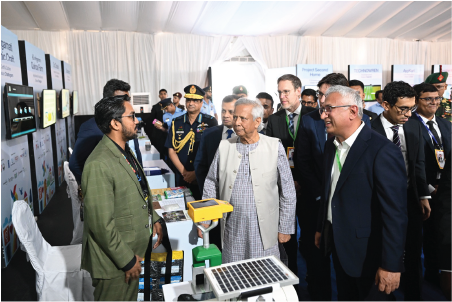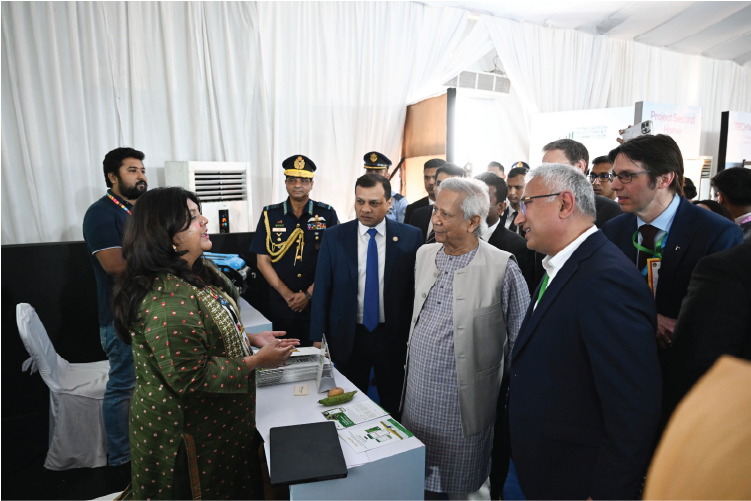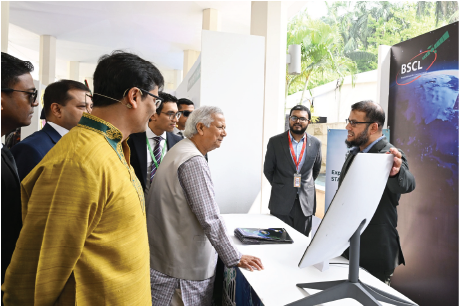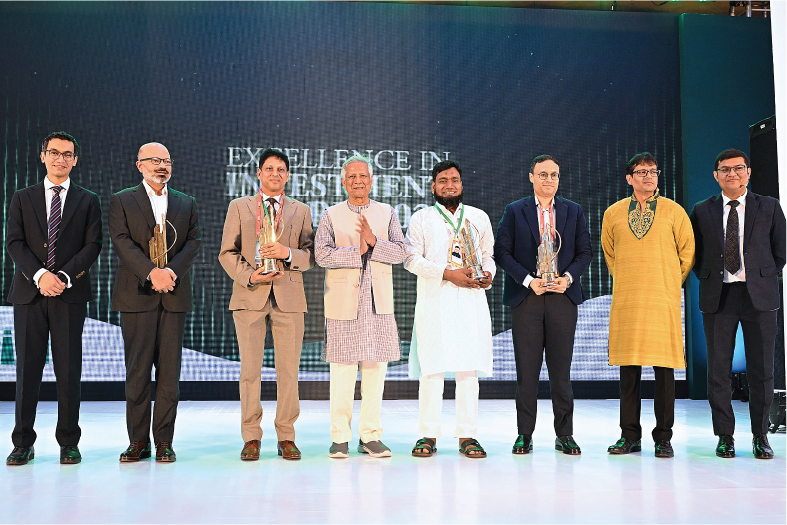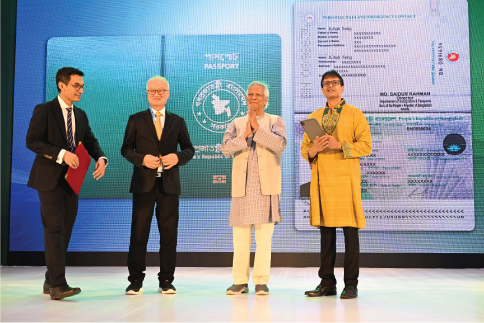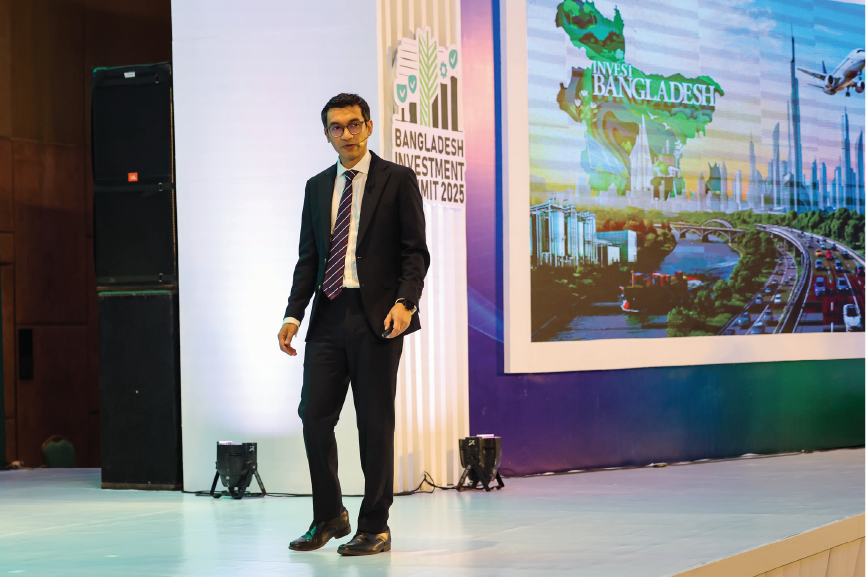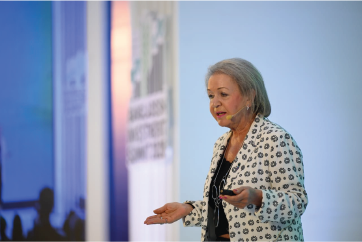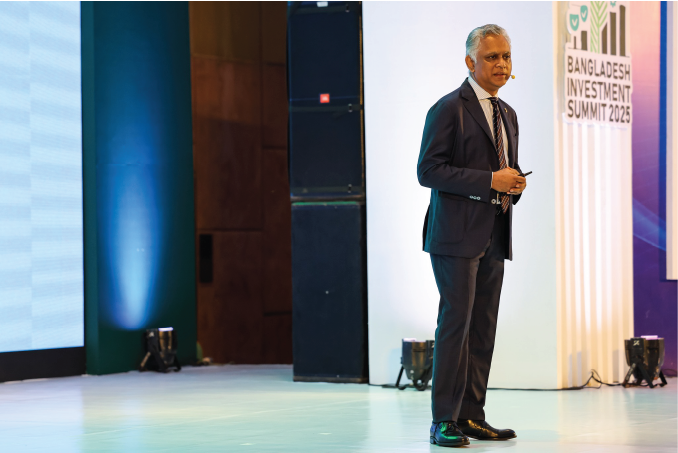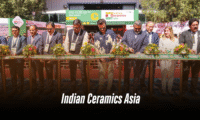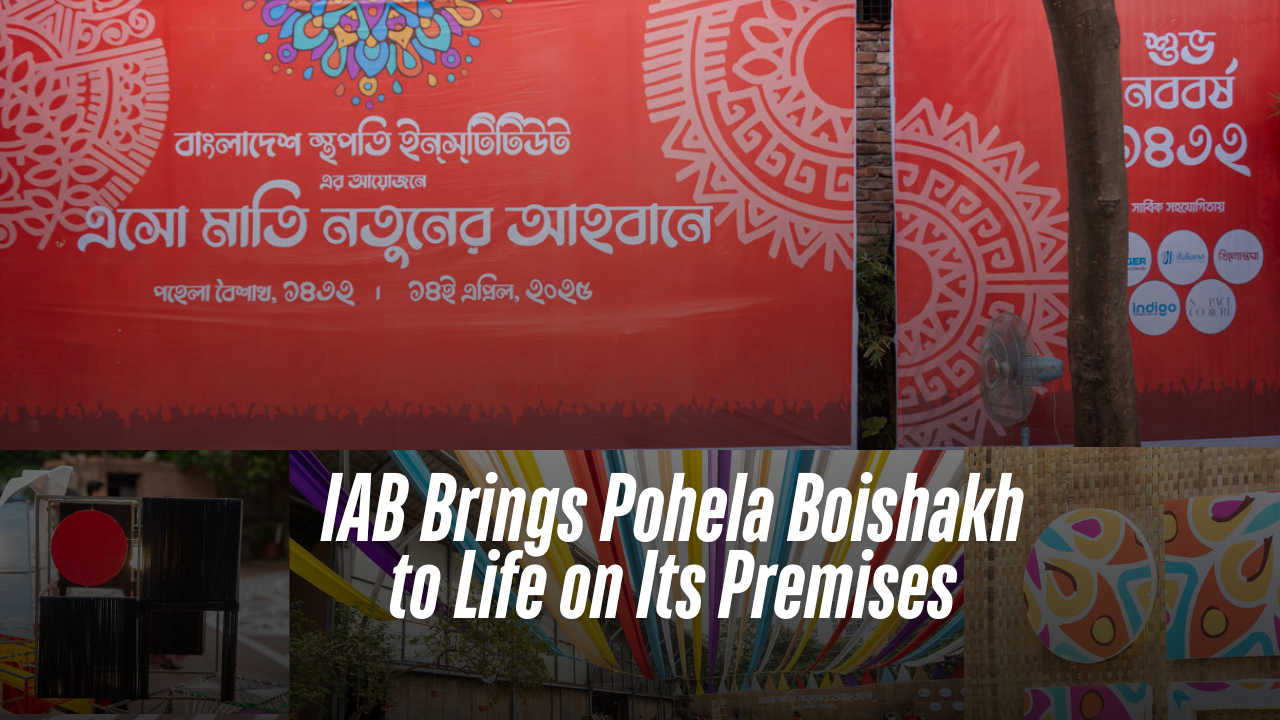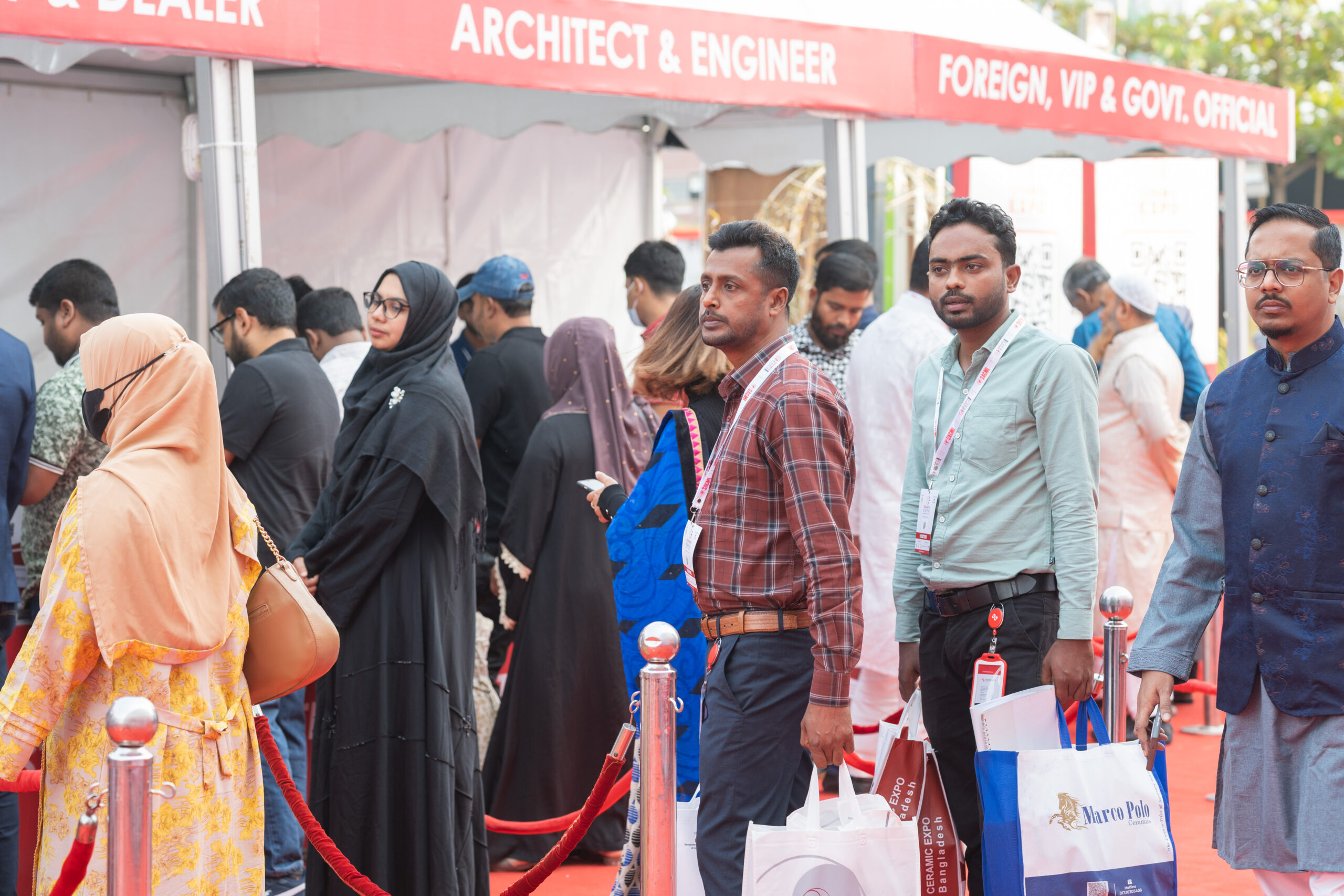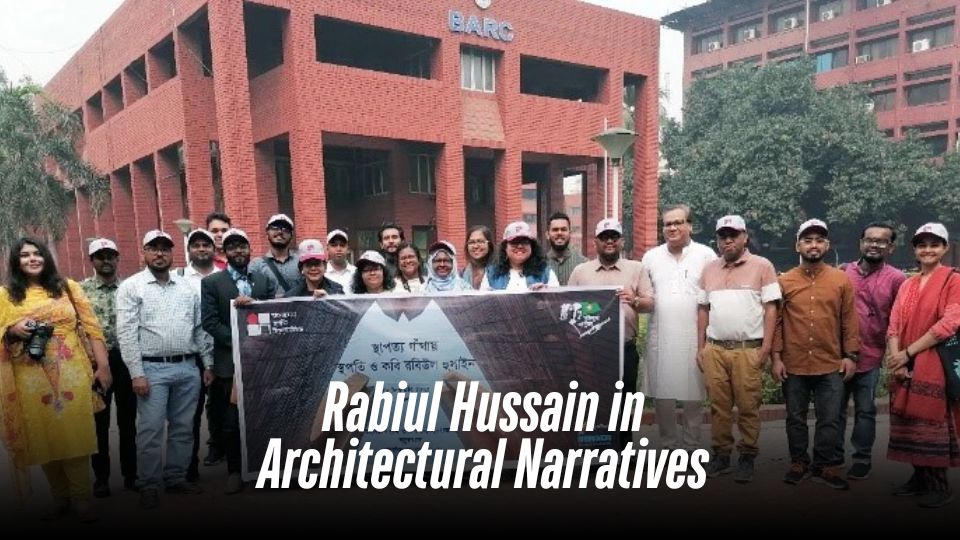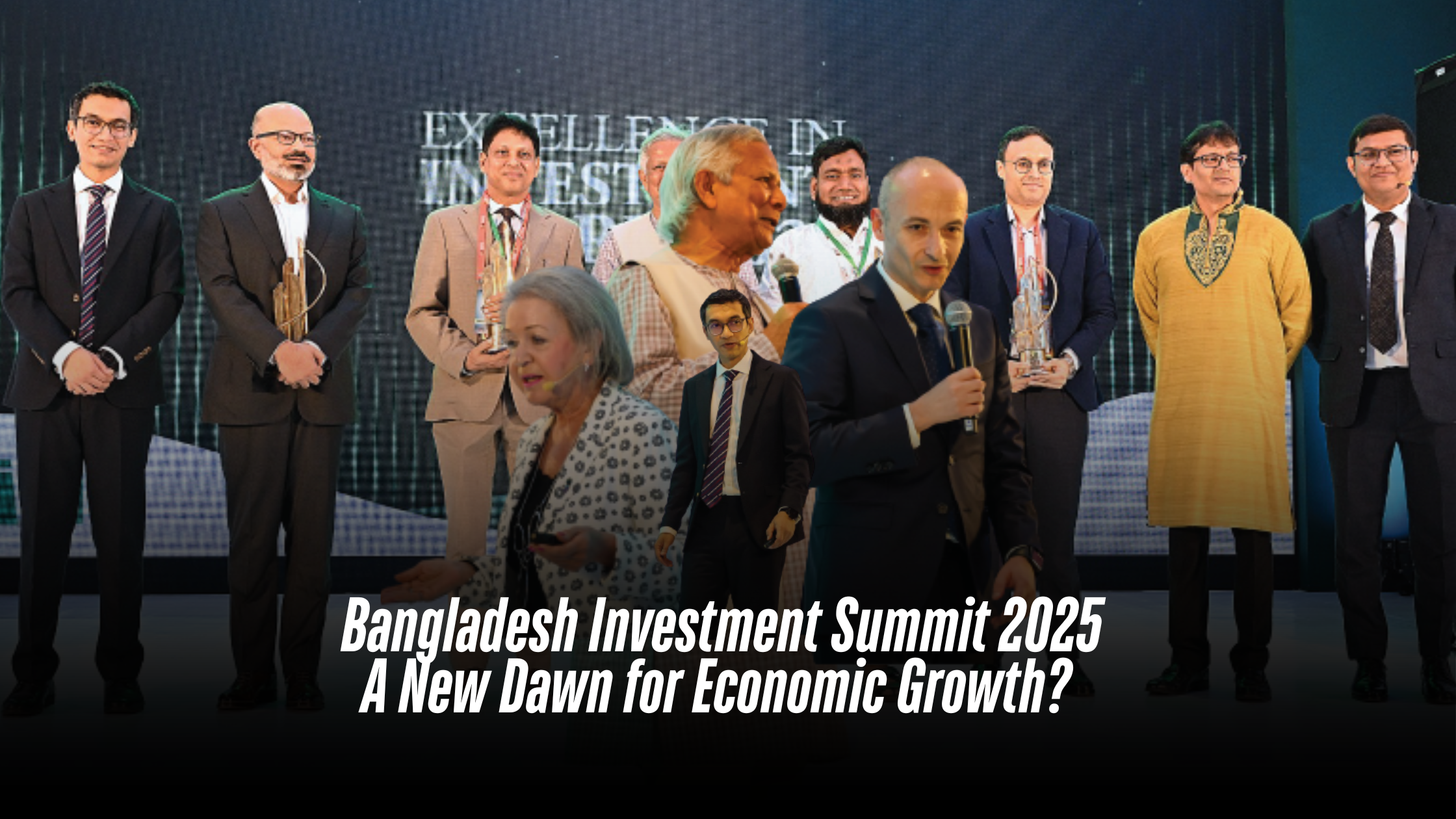
Bangladesh now stands at a critical crossroads. As the country prepares to transition from a least-developed nation (LDC) to a middle-income economy in 2026, it grapples with significant hurdles. Despite years of economic resilience, enduring issues—such as import dependency, skill shortages, stagnant private investment, and declining foreign direct investment (FDI)—continue to slow progress. In this challenging environment, the Bangladesh Investment Summit 2025 emerged as a pivotal event, unveiling initial investment proposals worth Tk 31 billion (3100 crore) and igniting cautious optimism among policymakers and investors.

Convergence of Promise and Challenges
Organized by the Bangladesh Investment Development Authority (BIDA), the four-day Dhaka summit, held from April 7 to April 10, 2025, brought together over 550 investors and business representatives from more than 50 countries. Inaugurated by Chief Advisor Dr. Muhammad Yunus, the summit sought to reimagine Bangladesh’s global investment identity even as it faced structural challenges. Ultimately, the success of these initiatives will hinge on whether early commitments evolve into sustained and tangible investments.
For years, Bangladesh’s investment landscape has remained largely stagnant. Overall investments have hovered between 24–28 percent of GDP, with private investment stuck at 22–24 percent and FDI persistently below 1.0 percent. Recent declines in private investment in FY2023 and FY2024, along with a continuous drop in FDI since FY2018, have been attributed to bureaucratic hurdles, policy unpredictability, and macroeconomic instability—particularly in managing exchange rates. Yet, amid these challenges, the summit has sparked a renewed sense of hope.
Global Multinationals Betting on Bangladesh

Three major international companies announced expansion plans during the summit:
Inditex (Spain): The retail giant behind Zara reaffirmed Bangladesh’s role as a key sourcing hub and hinted at increased procurement.
Lafarge Holcim: The cement leader discussed plans to broaden operations and explore carbon capture initiatives.
Handa Industries (China): The company committed $150 million to develop textile, dyeing, and garment units in designated economic zones.
In addition, Dubai-based DP World expressed interest in investing in Chattogram’s new Mooring Container Terminal.
Celebrating Local Champions
Local enterprises also received significant recognition at the event. Four Bangladeshi firms were honored for their contributions:
bKash (Excellence in Investment): The trailb
lazing mobile financial services provider backed by IFC, Ant Group, and SoftBank.
Fabric Lagbe (Innovation Award): A digital marketplace that empowers traditional weavers.
Walton (ESG Award): A leading local electronics manufacturer exporting to over 40 countries.
Square Pharmaceuticals (Investment Excellence): A company that has grown from modest beginnings in Pabna to a globally recognized pharmaceutical powerhouse.
These success stories underscore that, despite systemic challenges, Bangladeshi enterprises can thrive on the international stage.
Global Investors Show Confidence
There is growing international faith in Bangladesh’s revised approach to investment. Foreign investors have commended the interim government for taking proactive measures to attract FDI—a marked departure from previous administrations. A delegation of 60 investors from the U.S., South Korea, China, Japan, India, Australia, and the Netherlands toured key hubs such as the Korean Export Processing Zone (KEPZ) in Chattogram and the Japani Export Processing Zone (JEPZ) in Narayanganj, exploring opportunities in textiles, IT, and manufacturing.
KEPZ: A Model Investment Hub
Operated by South Korea’s Youngone Corporation, KEPZ has become a shining example of Bangladesh’s readiness for FDI. Investors were impressed by its well-established infrastructure, efficient licensing procedures, and worker-friendly amenities—including a hospital, a textile institute, a 40MW solar project, and an effluent treatment plant. With $700 million already invested, KEPZ now hosts 48 factories and employs 30,000 workers, 75 percent of whom are women.
Forging Sustainable Partnerships
The summit also facilitated key agreements. Notably, BIDA, the Commerce Ministry, ILO, and UNDP issued a joint declaration to promote sustainable and inclusive growth through targeted trade reforms. Additionally, UK Trade Envoy Baroness Rosie Winterton highlighted long-term opportunities in healthcare and education, paving the way for enduring global partnerships.
Navigating the Road Ahead: Can Bangladesh Overcome Its Investment Slump?
Despite the summit’s positive momentum, Bangladesh’s investment climate continues to face obstacles:
High bank interest rates that deter private borrowing.
Policy inconsistencies under the interim government create uncertainty.
Weak FDI performance compared to regional competitors like Vietnam and India.
Analysts stress that without significant structural reforms—streamlining bureaucracy, ensuring policy stability, and stabilizing the macroeconomy—Bangladesh may struggle to sustain the anticipated investment surge.
Execution is Key
The Bangladesh Investment Summit 2025 has successfully rebranded the country as an emerging investment destination. With multinationals such as Inditex, Lafarge Holcim, and Handa Industries pledging expansion and local leaders like bKash and Walton proving their global competitiveness, there is considerable cause for optimism. However, the real challenge now lies in execution. Only if Bangladesh addresses its business environment hurdles, refines regulatory frameworks, and maintains macroeconomic stability can this new momentum herald a transformative economic chapter. For now, the world watches closely—will Bangladesh seize this moment, or will these early promises fade away? Only time will tell.
Written by Sajibur Rahman



